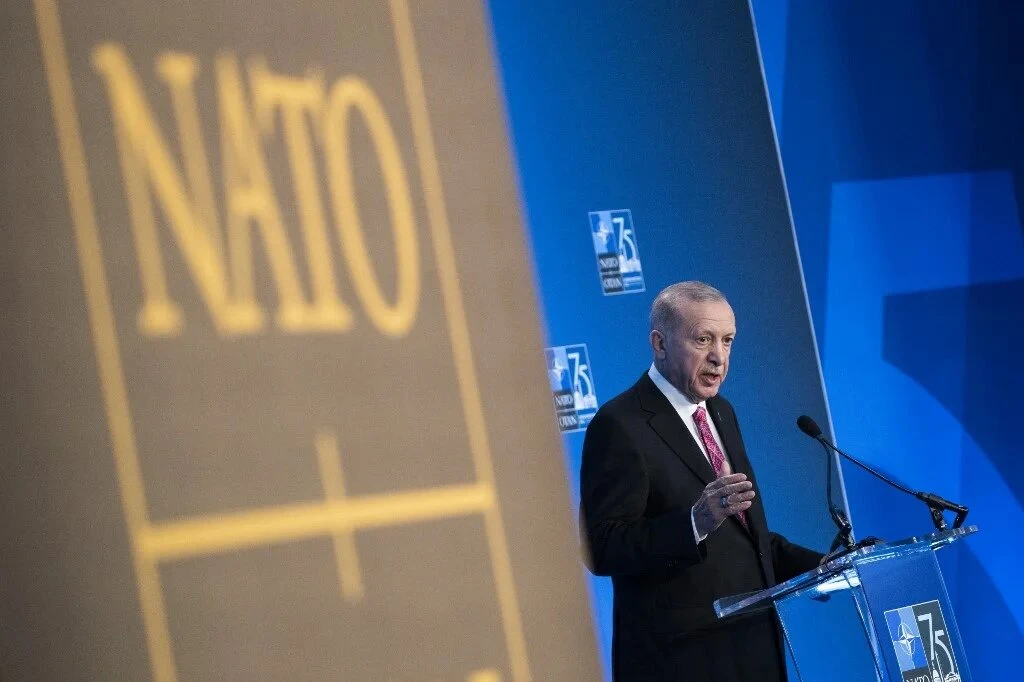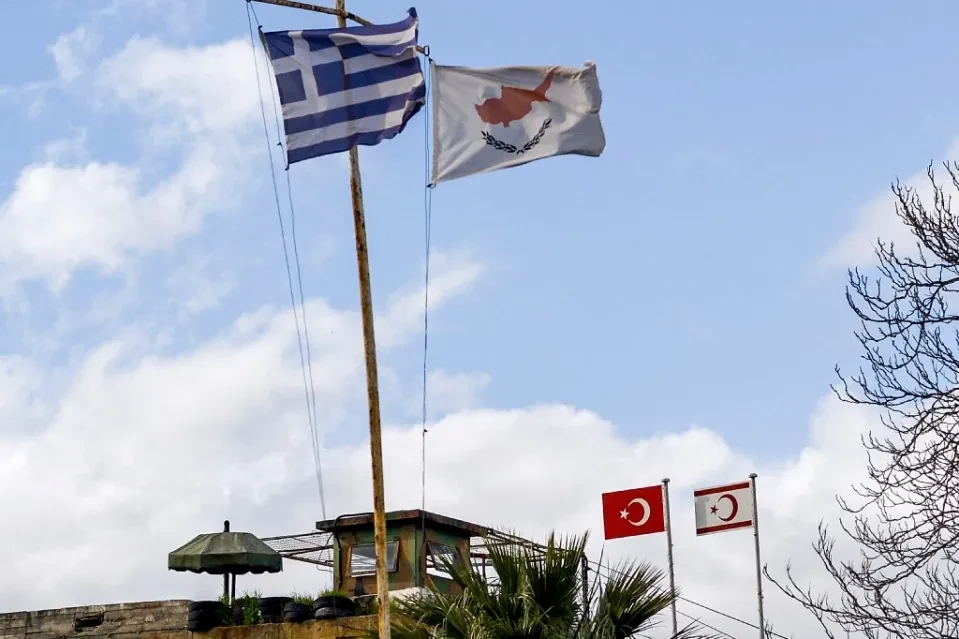Bulgaria, Türkiye to explore increasing natural gas flow at shared border
 Yavuz drillship on the mediterranean sea in Mersin, Türkiye on 23 June, 2021. Accessed on 6 April, 2025. (Adobe Stock Photo)
Yavuz drillship on the mediterranean sea in Mersin, Türkiye on 23 June, 2021. Accessed on 6 April, 2025. (Adobe Stock Photo)
Bulgaria and Türkiye will begin expert-level discussions to explore options for expanding natural gas transit capacity at their shared border, Bulgaria’s energy ministry announced Saturday.
The talks are scheduled to conclude by May 2, after which the two countries will seek a political agreement to move forward. The announcement came following a bilateral meeting between the energy ministers of Bulgaria and Türkiye in Baku, Azerbaijan.
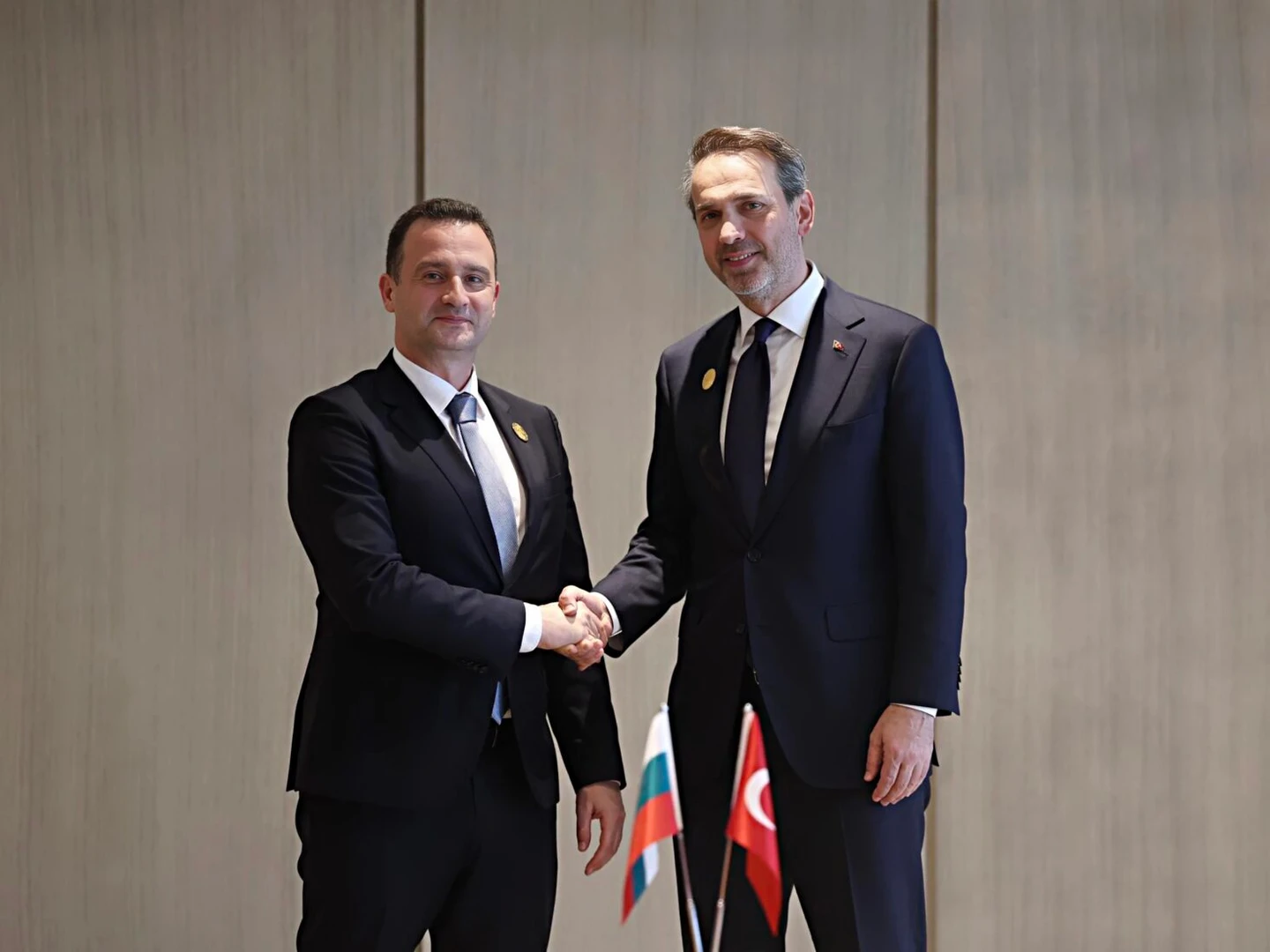
Bulgaria’s role as key gas transit route to Europe
Bulgaria currently hosts the only active land-based pipeline delivering Russian gas to Europe, after Ukraine ended its long-standing contract with Gazprom PJSC at the end of 2023.
The Bulgarian route, which handles about 16 billion cubic meters annually, operates near full capacity and is an extension of TurkStream, a pipeline project completed before Russia’s 2022 invasion of Ukraine.
With this infrastructure, Bulgaria provides a critical link for natural gas from Russia and the Caspian region to reach central European nations, including Hungary, Slovakia, and Serbia, which remain heavily dependent on Russian energy supplies.
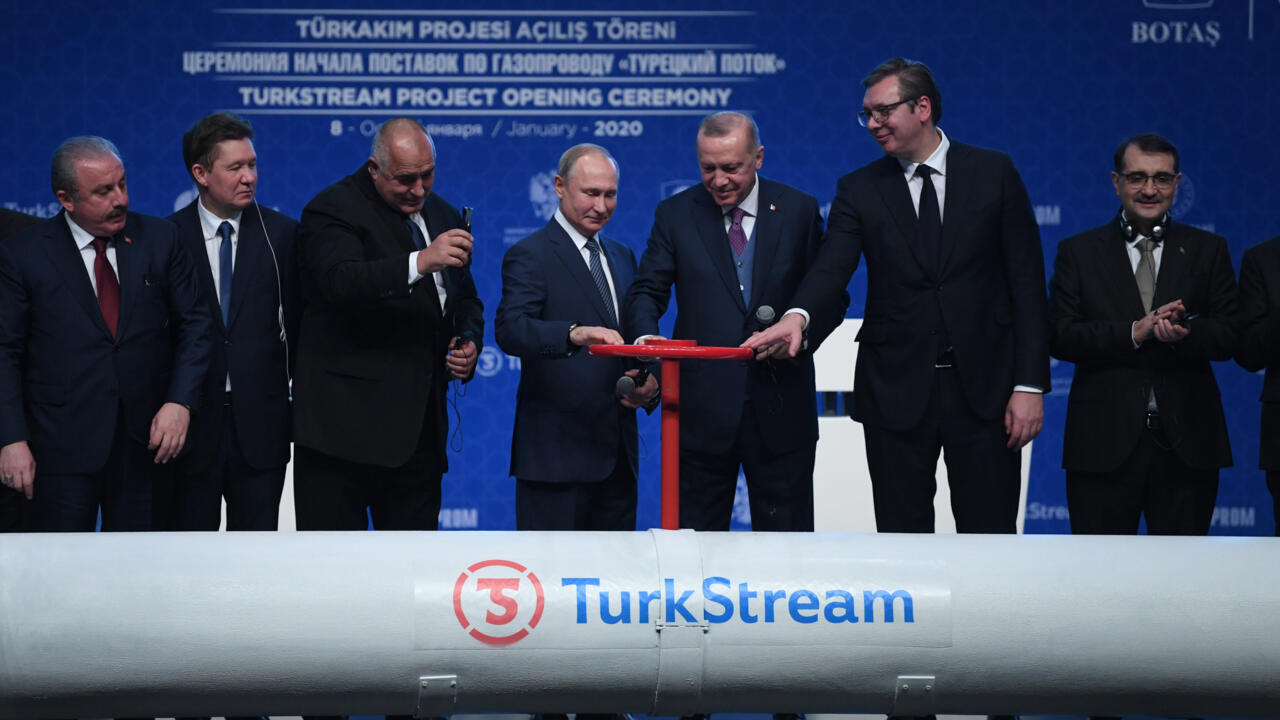
Türkiye’s strategic role in regional energy supply
Türkiye, which maintains access to both Russian and Azerbaijani gas, plays a growing role in European energy diversification.
“The Turkish side is our strategic partner in implementing our priorities related to diversification and energy security,” Bulgarian Energy Minister Zhecho Stankov said, according to the ministry’s statement.
Under an existing agreement with Türkiye’s state energy company, Botas, Bulgaria also has access to Turkish LNG terminals and Azerbaijani gas delivered via Türkiye.
However, because of high market prices, Bulgargaz—the state gas distributor—has found it economically challenging to fully utilize the Botas deal, which includes a take-or-pay clause.
Exploration and prospecting activities for oil and natural gas in the Black Sea were also a topic of discussion between the two ministers.
“The Turkish side is interested in joining the search in our blocks in the Black Sea and we are satisfied that in its person we can have a partner with great expertise,” added Bulgarian Minister Stankov.
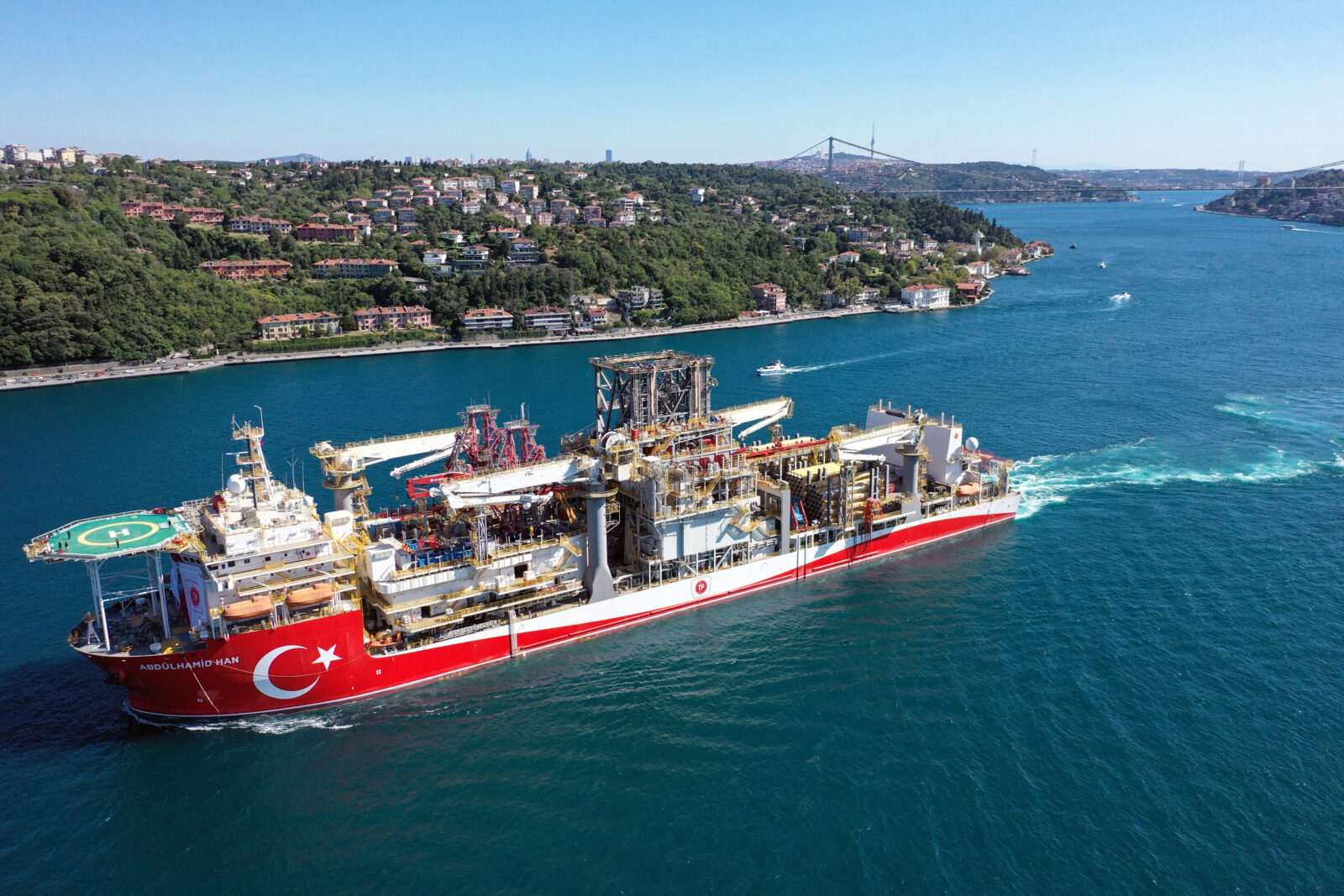
Potential renegotiation of gas agreements
The upcoming expert-level negotiations will also cover a potential renegotiation of the terms of the Bulgaria-Botas agreement.
High prices and contractual inflexibility have limited Bulgaria’s ability to benefit from liquefied natural gas (LNG) imports through Türkiye.
Türkiye has indicated its willingness to increase gas exports to Europe, particularly as some of its long-term contracts with Gazprom are set to expire in 2024.
Turkish authorities have also proposed creating a new blended gas supply tailored for the European market.
